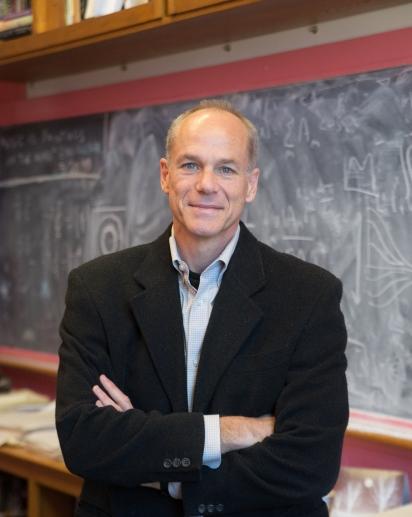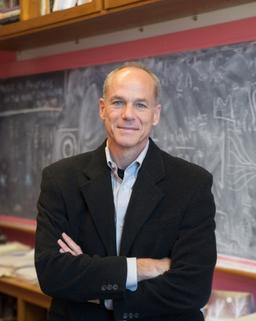This course is part of Question Reality: Science, Philosophy, and Meaning.
This course cannot be purchased separately - to access the complete learning experience, graded assignments, and earn certificates, you'll need to enroll in the full Question Reality! Science, philosophy, a search for meaning Specialization program. You can audit this specific course for free to explore the content, which includes access to course materials and lectures. This allows you to learn at your own pace without any financial commitment.
Instructors:
English
Português (Brasil)
What you'll learn
Trace the historical development of atomic theory from ancient Greeks to modern times
Understand how scientific discoveries about matter have influenced our perception of reality
Explore the current understanding of subatomic particles and the Standard Model
Examine the facilities and experiments at CERN's Large Hadron Collider
Grasp the fundamental principles of quantum mechanics and its philosophical implications
Compare classical and quantum boundaries and their implications for what is knowable
Skills you'll gain
This course includes:
2.06 Hours PreRecorded video
4 assignments
Access on Mobile, Tablet, Desktop
FullTime access
Shareable certificate
Closed caption
Get a Completion Certificate
Share your certificate with prospective employers and your professional network on LinkedIn.
Created by
Provided by

Top companies offer this course to their employees
Top companies provide this course to enhance their employees' skills, ensuring they excel in handling complex projects and drive organizational success.





There are 3 modules in this course
This thought-provoking course explores how our understanding of matter has evolved through history and shaped our perception of reality. Beginning with ancient Greek concepts, students journey through the development of atomic theory from Dalton through Thompson and Rutherford to Bohr's revolutionary model. The curriculum then introduces modern particle physics, featuring a virtual visit to CERN's Large Hadron Collider and conversations with leading physicists. The final module delves into quantum mechanics' profound implications for our understanding of reality, examining the boundary between quantum and classical worlds. Through expert interviews, readings, and assignments, this course challenges students to question fundamental assumptions about matter and explore the philosophical implications of quantum weirdness while developing a deeper appreciation for how scientific discoveries change our worldview.
Module 1: Matter Part I
Module 1 · 2 Hours to complete
Module 2: Matter Part II
Module 2 · 1 Hours to complete
Module 3: Matter Part II
Module 3 · 3 Hours to complete
Fee Structure
Individual course purchase is not available - to enroll in this course with a certificate, you need to purchase the complete Professional Certificate Course. For enrollment and detailed fee structure, visit the following: Question Reality: Science, Philosophy, and Meaning
Instructor
Theoretical Physicist and Award-Winning Scholar in Cosmology and High-Energy Physics
Marcelo Gleiser is a theoretical physicist with expertise in cosmology, high-energy physics, complexity theory, and astrobiology. He has been a faculty member at Dartmouth College since 1991. Gleiser earned his undergraduate degree from the Catholic University of Rio de Janeiro (1981), followed by a Master's from the Federal University of Rio de Janeiro (1982) and a Ph.D. from King's College London (1986). He completed postdoctoral fellowships at Fermilab (1986-1988) and the Institute for Theoretical Physics at UC Santa Barbara (1988-1991). Gleiser is a Fellow and former General Councilor of the American Physical Society and has received the Presidential Faculty Fellows Award from the White House and NSF.
Testimonials
Testimonials and success stories are a testament to the quality of this program and its impact on your career and learning journey. Be the first to help others make an informed decision by sharing your review of the course.
Frequently asked questions
Below are some of the most commonly asked questions about this course. We aim to provide clear and concise answers to help you better understand the course content, structure, and any other relevant information. If you have any additional questions or if your question is not listed here, please don't hesitate to reach out to our support team for further assistance.



